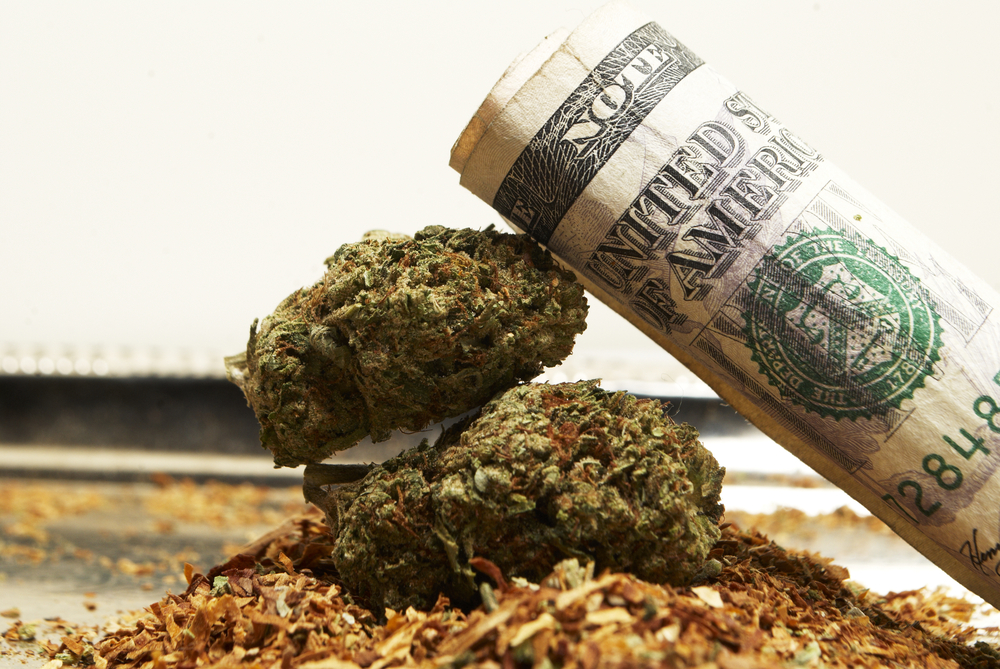Washington Proposes Confusing Bitcoin Amendment to Legal Marijuana

It’s a well-established trope in the mainstream financial press and even in much of the modern consciousness that Bitcoin is merely the Cayman Islands of currencies. Criminals use it to hide their money (same as they do cash, but with more efficiency) from the government. While Bitcoin is nearly impossible to actually eradicate itself, the fear of government intervention to prevent merchants from using the currency has long pervaded conversations about Bitcoin.
The marijuana industry in states where the plant has become legal also faces large swaths of legal gray areas in regards to their currency – they are allowed to sell the marijuana, but not to bank any of their earnings, creating a tertiary black market of criminals dedicated to robbing legal marijuana sellers. In lieu of credit cards, dispensaries can accept Bitcoin and other cryptocurrencies, but now two state representatives from Olympia, Washington, aim to cut any such effort off at the knees.
SB 5264-2017-18 amends Washington state marijuana law to, simply, ban the acceptance of “virtual currencies” for marijuana, or even to use it for the purchase of business supplies and the like. Verbatim, it becomes confusing in the definition of “virtual currency.”
“Virtual currency” means a digital representation of value used as a medium of exchange, a unit of account, or a store of value, but does not have legal tender status as recognized by the United States government. “Virtual currency” does not include the software or protocols governing the transfer of the digital representation of value or other uses of virtual distributed ledger systems to verify ownership or authenticity in a digital capacity when the virtual currency is not used as a medium of exchange.
No, the US government does not recognize Bitcoin as legal tender, but neither does the IRS accept Paypal, which is exempt. In terms of value exchange, Bitcoin and other cryptocurrencies are clearly being targeted. The second amendment to the law is easier to digest:
A marijuana producer, marijuana processor, or retail outlet must not pay with or accept virtual currency for the purchase or sale of marijuana or any marijuana product.
The marriage of Bitcoin and legal marijuana has been obvious to many. CCN.com has covered the issue in depth (see here). The reasoning must be interesting, but as yet has not been made public. CCN.com has reached out to Senators Rivers for comment regarding the motivation behind 5264-2017-18, and will have more coverage as things progress. Readers in Washington State, USA, are encouraged to contact Senators Rivers (360-786-7634) and Conway (360-786-7656).
Image from Shutterstock.